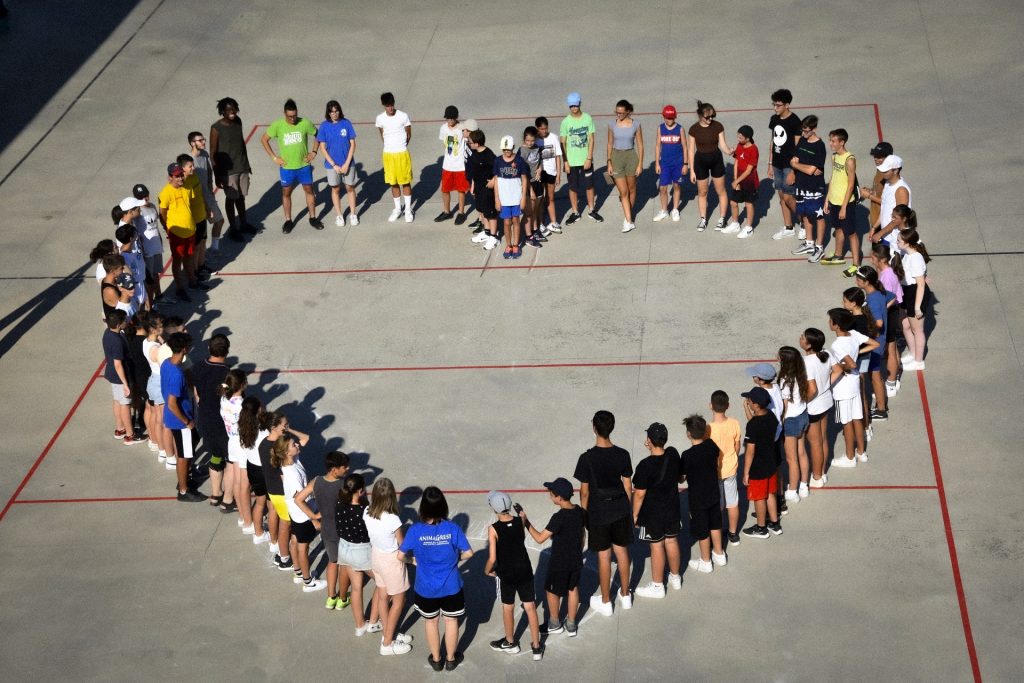
Cathopic (Gabriel Chable Peralta)
“Today, the analysis of environmental problems cannot be separated from the analysis of human, family, work-related and urban contexts, nor from how individuals relate to themselves, which leads in turn to how they relate to others and to the environment”. (Laudato Si’, no. 141)
An integral approach recognizes the sacredness and potential of all creation – everything is essential and serves a vital purpose. “As a body is one though it has many parts, and all the parts of the body, though many, are one body, so also Christ,” (1 Corinthians 12: 12). All of creation was made to be in harmonious order. From the beginning, God created us as social beings and unless we learn to relate with others, we can neither live nor develop potential (Gaudium et Spes, no. 12).
Taking an integral approach impels us to heed the Catholic Social Teaching principle, Call to Family, Community and Participation. We realize that our world, our common home, operates interdependently: ecologically, socially and culturally. We become attune to the Cry of the Earth and the Cry of the Poor simultaneously, realizing that our duties towards the environment are linked to our duties towards the human person (Caritas in veritate, no. 51).
This is a path of radical interior conversion, where our relationship with God, others and the created world is renewed. An integral approach sees social realities as having implications on the environment, vice versa. They are intertwined. An ecological approach that is truly integral is also a social approach. “It must integrate questions of justice in debates on the environment, so as to hear both the cry of the earth and the cry of the poor,” (Laudato Si’, no. 49).
Working towards an integral ecology, we champion the principle of Caring for God’s Creation. We value and protect life at all stages, from conception to natural death. “When we fail to acknowledge as part of reality the worth of a poor person, a human embryo, a person with disabilities – to offer just a few examples – it becomes difficult to hear the cry of nature itself; everything is connected,” (Laudato Si’, no. 117). All efforts, across varying fields, can work towards a shared mission, upholding the common good.






Very good remote preparation for the 2025 celebration. This will keep the movement alive and bring in more Animators and Participants.
Laudato Si!
Thank you for the continuous work of Laudato’Si.May the Holy Spirit continue to give you Hope ,Courage and Love.
… [Trackback]
[…] There you will find 51098 more Infos: laudatosimovement.org/news/lsm-core-value-taking-an-integral-approach/ […]